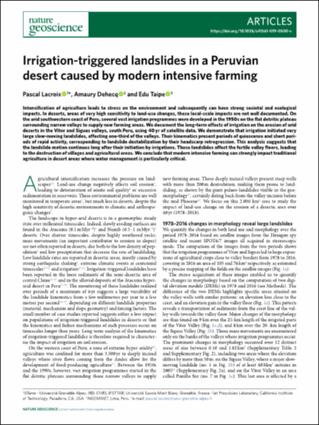Please use this identifier to cite or link to this item:
https://hdl.handle.net/20.500.12544/2620Files in This Item:
There are no files associated with this item.
Items in DSpace are protected by copyright, with all rights reserved, unless otherwise indicated.











